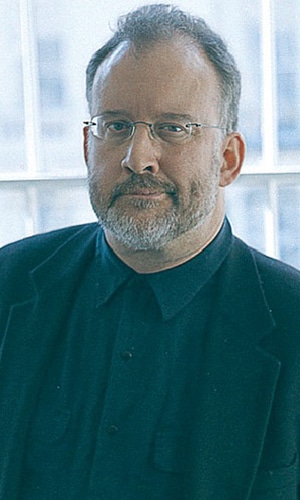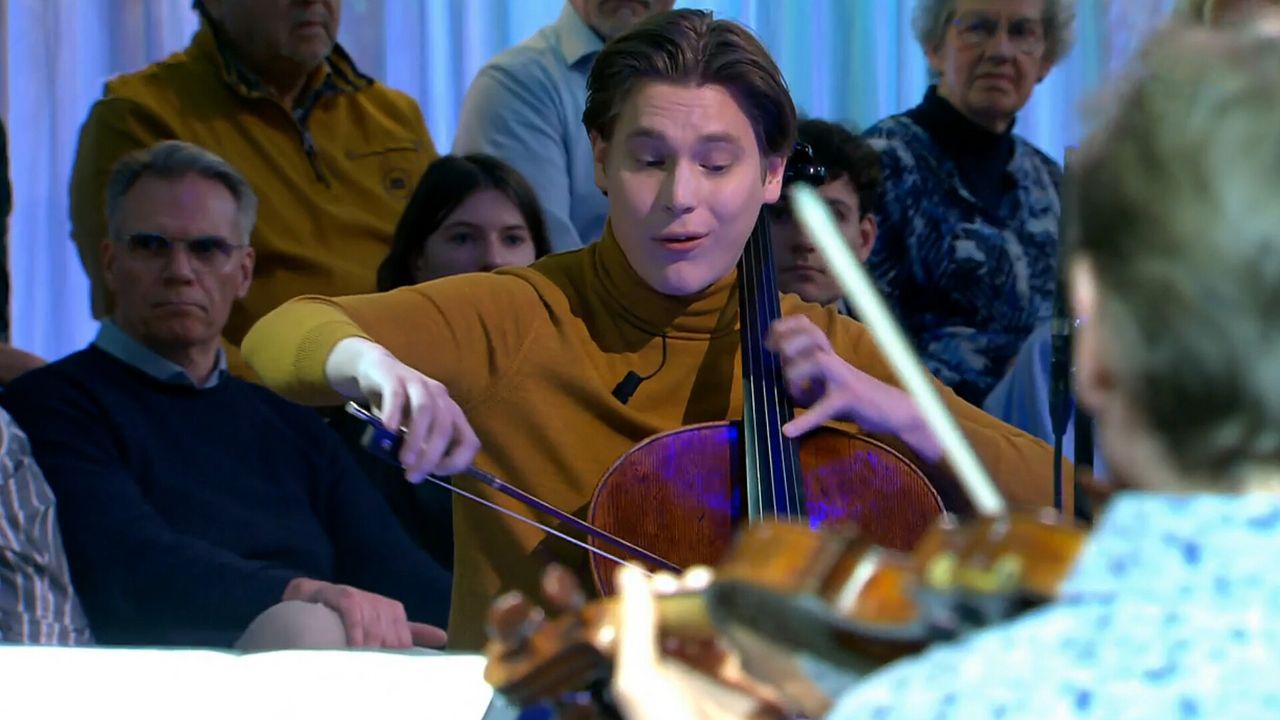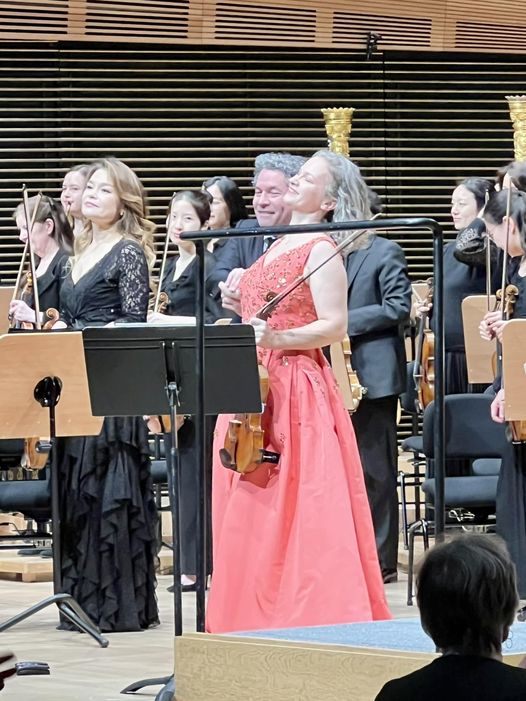Death of a major British composer, 68
mainThe leading British composer Simon Bainbridge died this weekend after four years of agony from unsuccessful back surgery.
He was one of the most lyrical voices of his generation and an agreeable man, to boot. He shot to international attention in 1997 on winning the University of Louisville Grawemeyer Award for his setting of Primo Levi poems, Ad Ora Incerta. He won the British Composers Award in 2016
Head of composition at the Royal Academy of Music from 1999 to 2007, Simon was married to the soprano Lynda Richardson.







The poor man. Back problems are an ongoing misery. No more pain for him now.
Maybe not, but now the lovely poor Lynda now bereaved and widowed. Very sad day.
S very sad day. Simon was indeed a very nice man and at his best, a very fine composer indeed. Now his sufferings are over.
There has been a major British composer during the last 300 years? Who would have guessed?
Sadly typical of much of the sarcasm and bile around here.
Yes, sadly so.
How shockingly idiotic and empty,Tom. Perhaps you like to submerge in shame as a pastime….
Stupid sarcastic comment. Says more about you and at Easter too.
That’s very sad news.
I heard one of his compositions in the late 1980’s at Colston Hall in Bristol. Simon did a pre-concert talk and was interesting, accessible, very engaging and, as Normal says, obviously a decent guy.
A major voice silenced. A sad loss indeed. RIP.
This is indeed a sad loss. Simon and I were friends for about three decades, through all of which I counted myself among his warmest admirers.
When I was artistic director of the Residentie Orchestra in The Hague in the early 1990s, a young critic whose name I regret being unable to remember explained, over lunch, a reason for my admiration of Simon’s lyrical and unhurried musical style that I had not previously identified for myself. We were talking about my distinguished predecessor Piet Veenstra. When I said that I respected Piet greatly, and that he knew an enormous amount about music, but that we very rarely agreed about specific works, my lunch companion’s penetrating response was, “Well, the difference is obviously that Piet has a taste for nervous music, and you don’t.”
The thought sounds somewhat simplistic expressed like that, but it is true that I tend to accord especially high value to styles of composition that allow instruments or voices–and the notes themselves–time to speak. I have benefitted considerably from my awareness of the distinction ever since, and I offer the thought as an insight that may help readers to a clearer conscious understanding of their own varying tastes and predilections.
Bernard, you won’t remember me, but I was introduced to you, I think, by Suzanne Graham-Dixon at Montepulciano all the back in 1980!! Thank you for your lovely and very thoughtful tribute to Simon.
Bob, thanks for helping to bring some very happy memories back to life.
Quite apart from his music, Simon Bainbridge was the most agreeable, good-natured, down-to-earth, amusing and indeed hilarious individual you could ever meet.
Simon was a lovely, spirited man. He and his music will be greatly missed. I met Simon several times and he was always interesting and charming. Love to his family in theses difficult times. May you rest in peace, Simon
The video offers an impressive nightmare – early 20C expressionism. Schoenberg’s middle period is still alive – why? Because it still refers to the tonal tradition and therefore the music is still effective and expressive.
There is more:
https://www.youtube.com/watch?v=6U_FQCiGewo
The spooky Lebensgefühl, very locally born around 1910 in a thoroughly traditional and classicist metropolis, and treated as an irritating Fremdkörper, became the collective expression of a whole century, an eternally wandering in the dark, and becoming establishment – separate from the museum culture.
The string quartet is an impressive debut and I’m glad the Kreuzer’s had the presence of mind to record it.
In his quieter way, the early works of Simon Bainbridge are no less precocious than those of his celebrated contemporary Oliver Knussen.
Slightly further down the road there’s ‘Concertante in Moto Perpetuo‘ where Steve Reich seems to form an alliance with his former teacher (Luciano Berio) in a way which is both scintillating and original in conception.
An output very much deserving of more exposure , and (in the case of handwritten scores) re- engraving.
He will be greatly missed by all who knew , and worked with him
Interesting indeed. I only knew the name but not the music.